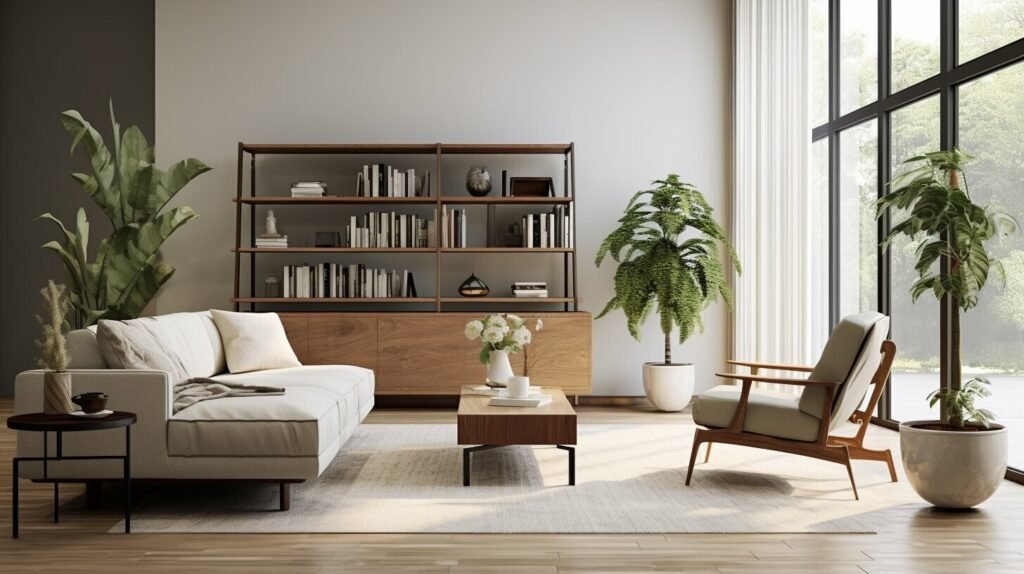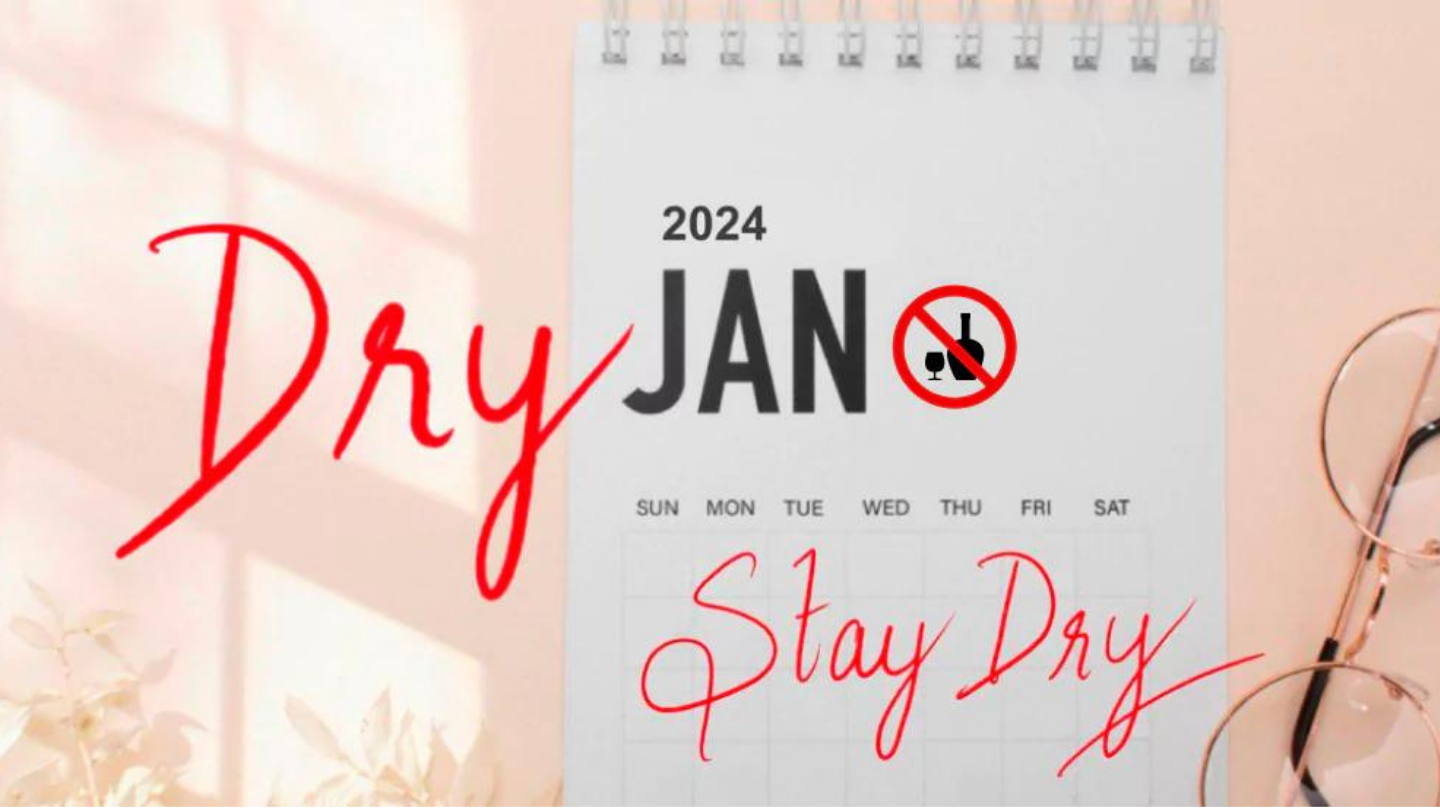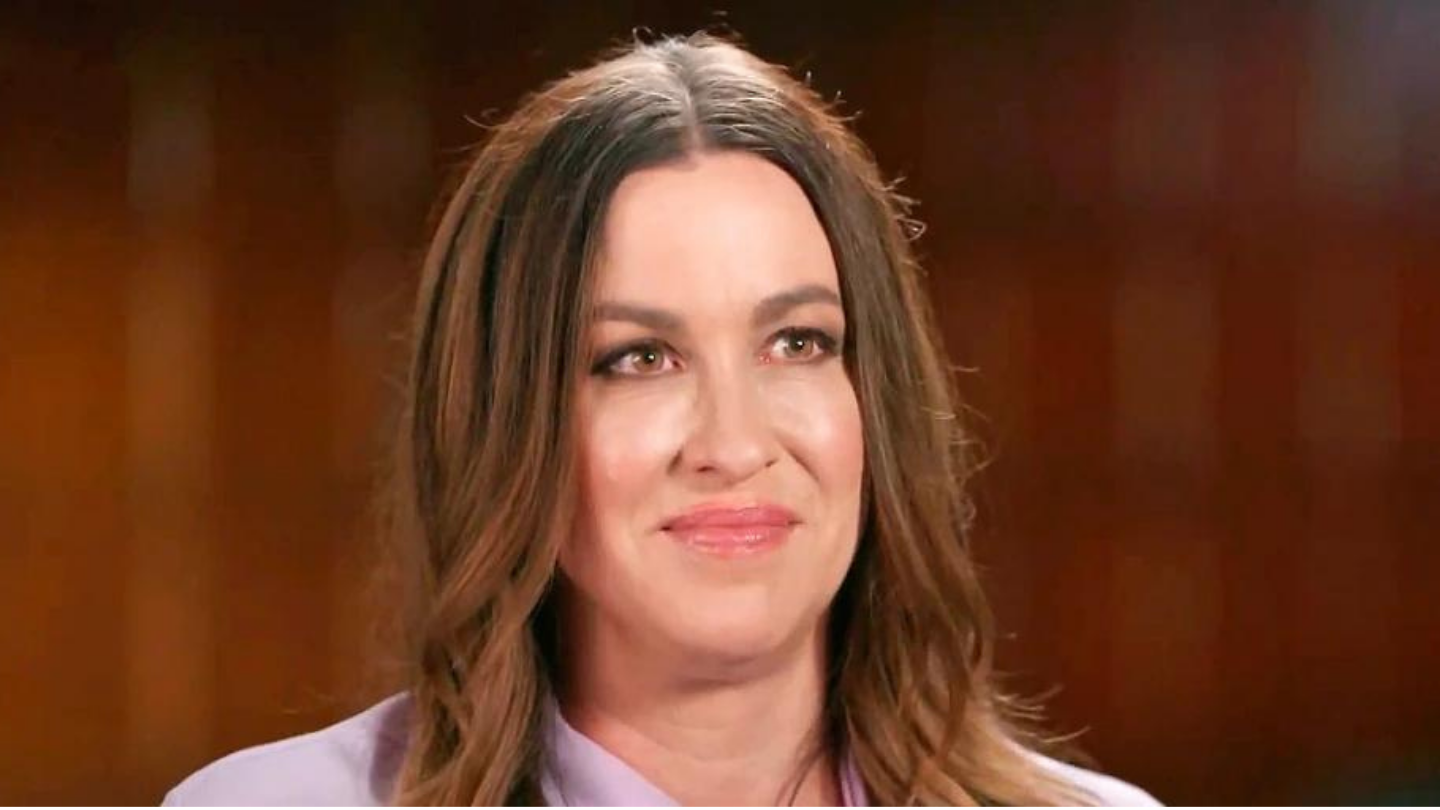Minimalism for Clarity and Balance: How to Declutter and Live with Less Stress
It’s easy to become overwhelmed by the sheer amount of material that surrounds us in our fast-paced, hyper-connected society. From messy closets to overflowing inboxes, our possessions may become a source of worry and anxiety. Minimalism, on the other hand, is a rising trend that offers a way to greater clarity and harmony.
Minimalism is about living with purpose. It’s about surrounding oneself with only what genuinely matters and letting go of everything else. It’s not about deprivation or denial; it’s about empowerment and freedom.

The advantages of simplicity
There are many wide-ranging advantages to minimalism. You clear your thoughts when you clean your physical environment. This may result in:
- Decreased tension and anxiety: Clutter can serve as a continual visual reminder of everything we still need to do or accomplish. Eliminating the mess eliminates a significant cause of anxiety.
- Enhanced productivity: It’s simpler to concentrate on the topic at hand when there are less outside distractions. Efficiency and production gains may result from this.
- Increased creativity: You can be more creative in a minimalist setting. You’re more likely to generate fresh concepts and solutions when there are less outside distractions.
- Increased gratitude for your possessions: When you own fewer things, you usually value them more. This may result in a happier and more appreciative attitude on life.
- Financial independence: By cutting back on purchases of superfluous items, minimalism can help you save money.

How to begin practicing minimalist
In case you’re eager to witness the advantages of minimalism firsthand, here are some pointers to get you underway:
- Start modest: Try not to clean out your entire house in one night. Start with one drawer or perhaps one room.
- Pose questions to yourself: Consider this question while choosing whether to keep or throw away: “Do I use this?” “Do I love this?” “Does this bring me joy?” It’s time to let go if the response is negative.
- Establish a system: After you’ve cleared out clutter, establish a strategy to maintain order. By doing this, clutter will be kept from building up again.
- Put experiences first: Invest in lifelong memories by spending money on experiences rather than material possessions.
Remain patient; minimalism is a process rather than a goal. It takes work and time to establish a minimalist lifestyle. But the benefits are priceless.
Being minimalist does not mean going without or live in deprivation. It’s about making the decision to live intentionally. It’s about letting go of the things that don’t really matter and surrounding yourself with the things that do. By doing this, you make room for the things that really count in life—clarity, balance, and a less complicated, more satisfying existence.











